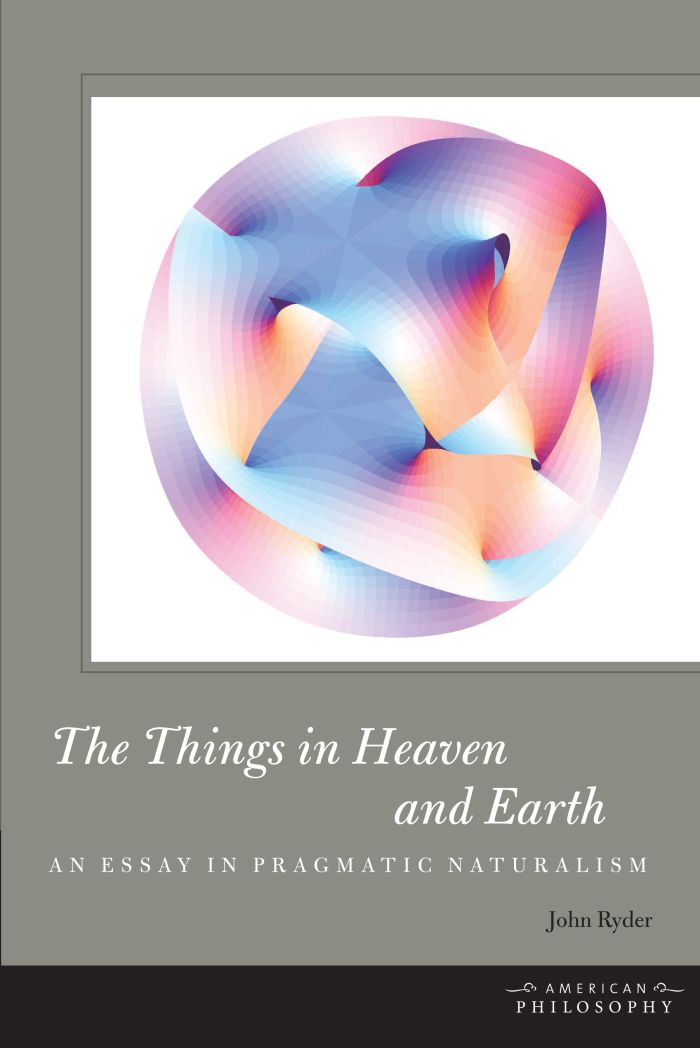The Things in Heaven and Earth
An Essay in Pragmatic Naturalism

This book can be opened with

The Things in Heaven and Earth develops and applies the American philosophical naturalist tradition of the mid–20th century, specifically the work of three of the most prominent figures of what is called Columbia Naturalism: John Dewey, John Herman Randall Jr., and Justus Buchler. The book argues for the philosophical value and usefulness of this underappreciated tradition for a number of contemporary theoretical and practical issues, such as the modernist/postmodernist divide and debates over philosophical constructivism.
Pragmatic naturalism offers a distinctive ontology of constitutive relations. Relying on Buchler’s ordinal ontology and on the relationality implicit in Dewey’s instrumentalism, the book gives a detailed account of this approach in chapters that deal with issues in systematic ontology, epistemology, constructivism and objectivity, philosophical theology, art, democratic theory, foreign policy, education, humanism, and cosmopolitanism.
“This is a work of profound scholarship and original philosophy. The author obviously has command of a wide range of theoretical and practical resources—including not only philosophy, its history and American philosophy in particular, but, also, the arts, the natural and social sciences, and political theory. He makes effective use of this vast arsenal of resources to advance his perspective and satisfactorily accomplish the mission of the book. His illustrations and practical examples, across all the above-mentioned fields and practices, give the distinct impression of a well-seasoned thinker who, in this work, is putting years of experience, accumulated wisdom and insight to work, provocatively and effectively.”
In this thought-provoking volume, John Ryder defends an original version of pragmatic naturalism that has a rich yet partly neglected history. He reintroduces the tradition of 'Columbia Naturalism' - not only the relatively well-known naturalism defended by John Dewey but also the less well-known views of thinkers like Justus Buchler - and especially its theory of relationality, as well as the many promising applications of that theory not only in ontology and epistemology but also in ethics and political philosophy. Ryder thereby vigorously challenges both the post-linguistic-turn 'new pragmatisms' and the reductive forms of naturalism dominating the philosophical mainstream today. This is pragmatically naturalistic philosophy at its best: pluralistic, fallibilistic, and open-minded.
In this well-crafted volume John Ryder makes a strong and elegant case for a version of philosophical naturalism that avoids reductive materialism and builds on the best ideas of both modernism and postmodernism. Expanding on the insights of John Dewey, John Herman Randall, Jr., and Justus Buchler, among others, he constructs a muscular naturalism that is fully capable of producing salutary and enduring effects in the areas of religion, the arts, and political life.

